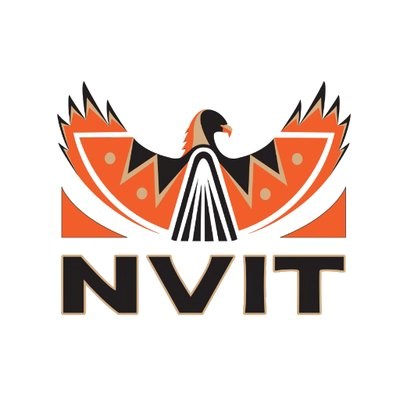An Indigenous-focused college in Burnaby has gotten a nearly-$500,000 funding boost for its Indigenous health and wellness program thanks to the provincial government’s post-COVID-19 economic recovery plan.
The money will fund 47 seats for one year of a three-year program at Nicola Valley Technical College, according the school’s associate vice-president for academic and community education John Chenoweth.
The one-time funding is among $800,000 the province is spreading over four public post-secondary institutions to train community health workers, according to an announcement by the ministries of advanced education and mental health and addictions this week.
The announcement said B.C.’s need for mental health support has “never been more critical than during the COVID-19 pandemic.”
But the funding is also designed to “retrain” and “upskill” workers for high-demand jobs such as community mental health workers, according to Advanced Education Minister Anne Kang, MLA for Burnaby-Deer Lake.
“The funding we're announcing today will support training for highly valued and respected positions working with some of B.C.’s most vulnerable citizens,” Kang said in the news release.
At Nicola Valley Technical College, located across Willingdon Avenue from BCIT’s student housing, the money will fund three cohorts moving through a three-year program.
Once called the chemical addictions worker program, the name has recently been changed to the Indigenous health and wellness worker program, according to Chenoweth.
It includes certificate and diploma options, or – thanks to a partnership with the University of the Fraser Valley – students can take three years of a bachelor’s degree at NVIT and finish their final year at UFV.
“The program serves Indigenous people that have barriers, addictions-related, any multiple types of addictions,” Chenoweth told the NOW. “If you think about why do our communities have a lot of barriers, there’s a historical context to that, you know, hundreds of years of colonization. And our communities are at a place where there’s significant barriers to advancing folks to be balanced or healthy, so these programs are designed with Aboriginal addictions societies and with the intent to tool or skill people to a level where they can support our people.”
For Chenoweth, a member of the Syilx/Okanagan Nation and Upper Nicola Band, said working toward balance is a fundamental principle of an Indigenous worldview.
“We all have a responsibility to work toward balance, and this program is critical to that,” he said.
Asked whether he’d like the funding announced this week to be ongoing, he said “of course” but that NVIT will continue to search out funds to support the program.
“We write a lot of proposals every year,” Chenoweth said. “We look high and low for them to support these programs.”
Follow Cornelia Naylor on Twitter @CorNaylor
Email [email protected]



